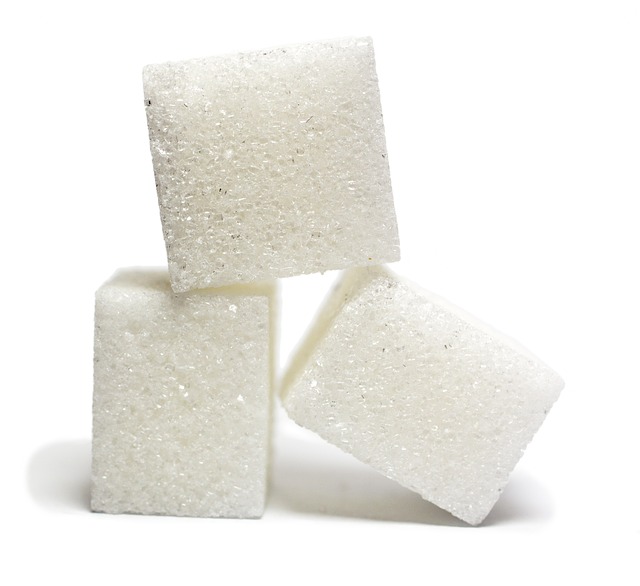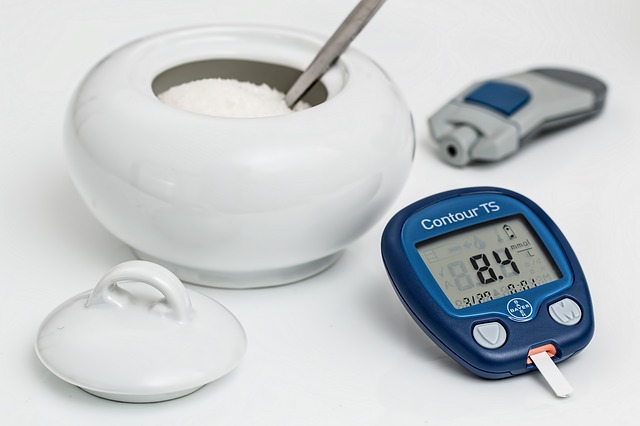
You have heard that sugar is bad. Of course you have, and I bet you are trying to decrease the sugar you ingest. Great. Knowledge is power and through the information in this blog I hope to give you a bit more power in your effort.
Sugar comes in many forms: Sucrose, glucose, dextrose, fructose….and more. You have to watch for it in everything you buy. Most sugars create the same reaction in your body. Fructose is slightly different and actually is less optimal. All cells in the body burn the sugar, glucose, for energy. So we need glucose, yes. However, a healthy human can get glucose from stored fats and protein. Thus, we don’t need ingested sugar.
When sugar is ingested: Sugar is rapidly absorbed from the gut, causing blood sugar to rise. One major role of the pancreas is to keep our blood sugar in normal range, about 70-90md/dL, although there is a bio-individual range here. The pancreas tries to regulate any spike in blood sugar by creating a surge of insulin. However, when the body is given a quick dose of glucose, such as when we ingest sugar or refined carbohydrates, it responds with a quick surge of insulin. This quick insulin surge is often an overreaction triggering the cells to absorb all of the blood glucose and the body is then in a state of low blood sugar. Our innate survival instincts protect against this low blood sugar state and signal the need for more glucose. We then feed the body more sugar or quick carbs continuing the cycle or roller-coaster reaction.
This rollercoaster overworks the pancreas as it is secreting insulin and glucagon to regulate blood sugar levels. If the pancreas doesn’t keep-up (and often is doesn’t) our survival orientated physiology kicks into a state of stress and the adrenal glands release cortisol or epinephrine to begin their process to supply the body and brain with needed blood sugar.
Thus, the roller coaster reaction of the body attempting to maintain a steady blood glucose level despite the ingestion of sugar and quick carbs overworks the pancreas and the adrenals. Over time, as these two start to get fatigued a litany of issues arise. The body’s ability to regulate blood sugar decreases, the appropriate production of hormones gets disrupted and over years, as the rollercoaster continues the dips and valleys get more pronounced, until insulin resistance starts. Insulin resistance is often the start of type 2 diabetes- and that is an entire blog on its own.


A few tangible effects:
- The initial surge of insulin causes cells to uptake glucose. If this glucose is not used it is converted to fat and stored. The body likes to store fat.
- In times of low blood sugar the body holds onto fat- this is a survival mechanism and pretty tough to break.
- Glucose in the blood bonds to circulating and cellular proteins and fats. This disrupts their functioning and leads to accelerated aging- think wrinkles, neural delays, joint inflammation, and a contributing factor to Alzheimer’s.
- Fatigued pancreas leads to: Ineffective insulin and glucagon production -> poor blood sugar regulation; and ineffective hormone production.
- Fatigued adrenals leads to: inability to regulate/produce male/female hormones, chronic fatigue, sleep problems, inflammation, foggy mind….. the list is huge.
Now you know … What can you do about it?

